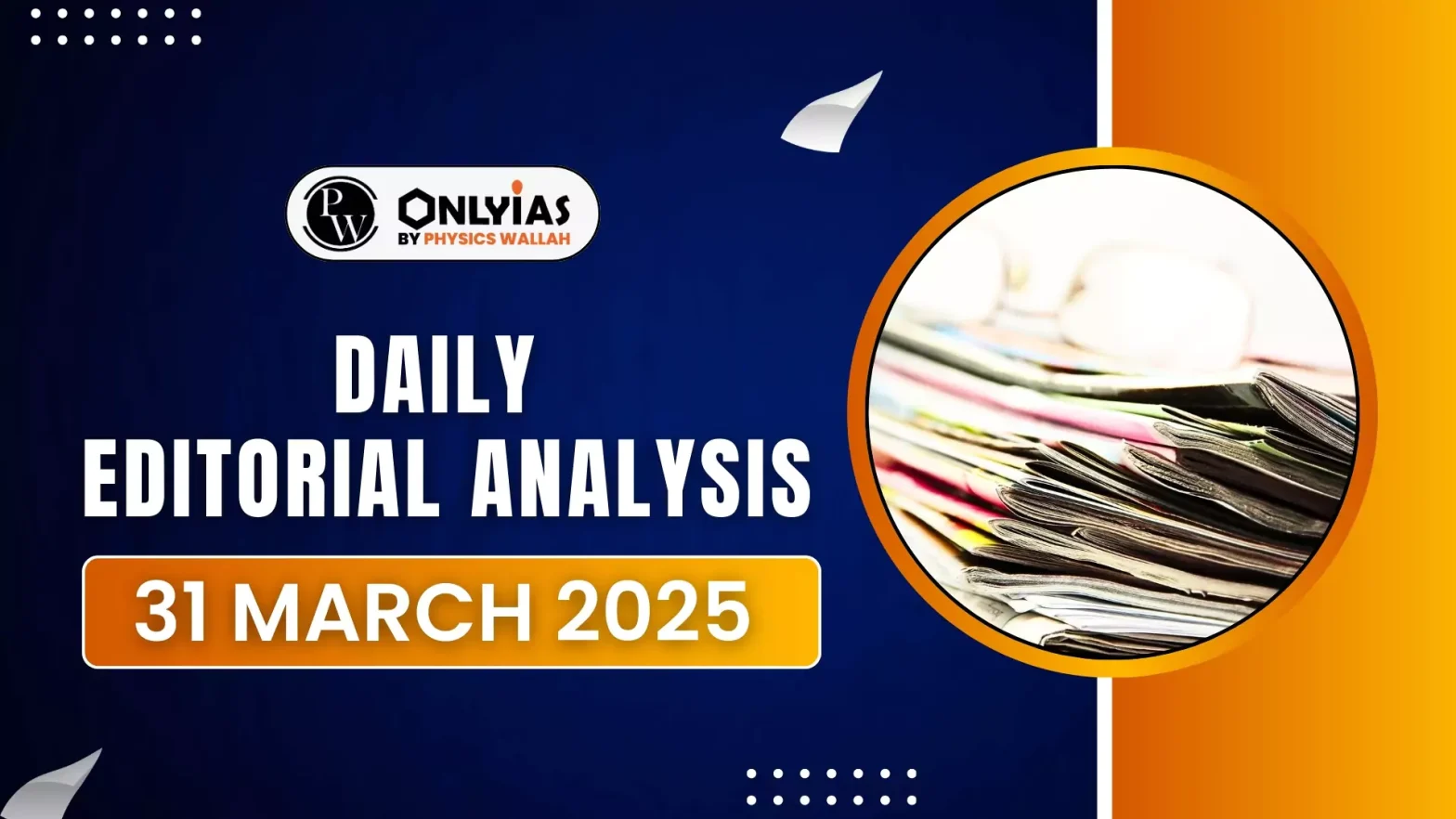The education system is suffering from centralisation of power, commercialisation, and communalisation of curricula and institutions.
Centralisation of Power in Education
- Education is part of the concurrent list, however, the government seems to be centralising power in education.
- The Central Advisory Board of Education, a body that brings together education ministers from both Union and State governments, has not met since September 2019.
- State governments have been asked to adopt the PM-SHRI (PM Schools for Rising India) scheme by withholding grants due under the Samagra Shiksha Abhiyan (SSA).
- University Grants Commission (UGC) guidelines of 2025 have written out State governments’ role from the appointment of Vice-Chancellors and the Governor has been given complete power.
Commercialisation of Education
- Since 2014, India has seen the closure of over 89,000 public schools, while private schools have surged by nearly 43,000.
- The Right to Education (RTE) Act established important safeguards to guarantee that primary schools are accessible to all children in India, including a lower primary school (Classes I-V) within one kilometre of every neighbourhood and an upper primary school (Classes VI-VIII) within three kilometres of each neighbourhood.
- However, National Education Policy (NEP), 2020 recommended the consolidation of schools which could lead to high dropout rate.
- In higher education, the government’s creation of the Higher Education Financing Agency (HEFA) has further entrenched commercialisation. This system encourages universities to take loans (rather than being given grants) at market interest rates, which are repaid through student fees.
Communalisation of Education
- Sections on the assassination of Mahatma Gandhi and Mughal India from NCERT books have been removed. Initially, the Preamble to the Indian Constitution was omitted from textbooks. Only public backlash forced the government to reinstate it.
- At the university level, the government has increasingly appointed professors with ideologically aligned backgrounds, often at the expense of academic quality.
- The University Grants Commission’s (UGC) attempts to dilute qualifications for academic appointments are part of a broader effort to favour ideologically driven candidates over those with academic credentials.
Conclusion
The government must urgently address these issues and restore the spirit of public service and access in education to ensure a fair and equitable future for all students.
![]() 31 Mar 2025
31 Mar 2025

